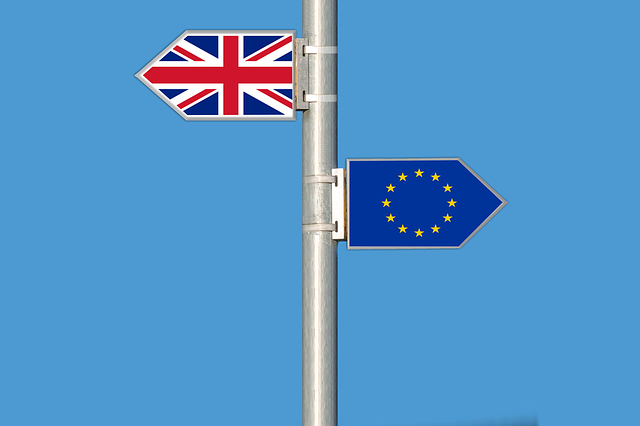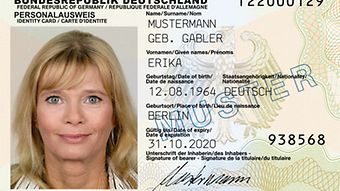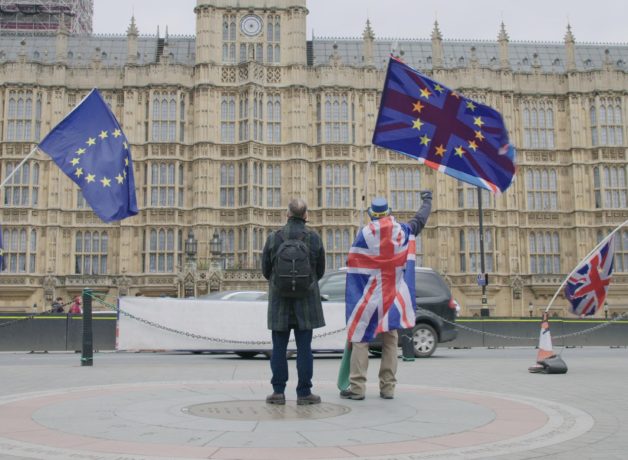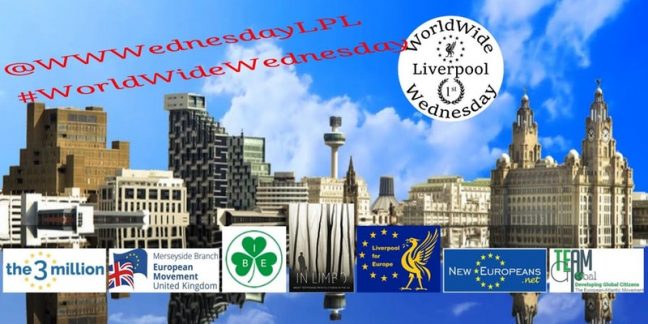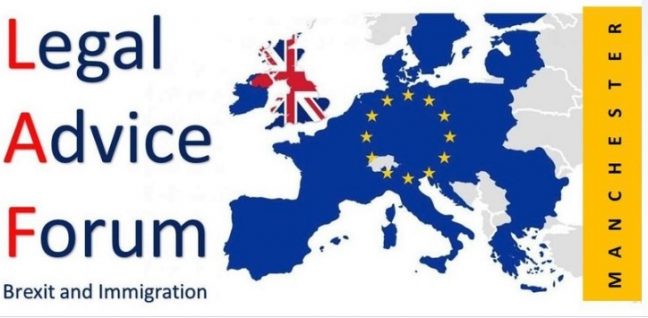As the UK moves towards Brexit, the government is designing a system to give EU citizens who are already living in the UK ‘settled status.’ The EU-UK agreement that underpins this process is not final or legally binding, but its basic parameters are known and the government has set out the principles for implementing it. Government plans announced so far propose that the process will be mandatory, with a deadline for applying; that the application process will be streamlined and more ‘user-friendly’ than existing Home Office applications; and that the eligibility criteria will be simplified so that (almost) all EU citizens living in the UK at the point of Brexit will be eligible.
One challenge facing any large-scale government programme is coverage: how to enable everyone who is eligible to participate. For EU citizens to secure settled status, they will need to (1) know about the programme and the need to apply; (2) be able to navigate the system and make an application; and (3) be able to demonstrate that they have been living in the UK. Irish citizens will not need settled status to continue living in the UK, so are excluded where possible from the data in this report.
EU citizens living in the UK are on average a highly educated population that should not be expected to have problems understanding and navigating a simplified application process. However, securing settled status will be more difficult for certain groups of people, whether because they lack awareness of the process or the need to apply, are vulnerable for different reasons (such as abuse or exploitation), have difficulty navigating the application system, or cannot provide evidence of time spent in the UK. It is not possible to know exactly what share of EU citizens will fall into these categories but it is possible to analyse some of the characteristics associated with greater risk.
First, a potentially significant number of people may not be aware that they can and need to apply. In practice many different people could fall into this category, although specific groups include:
- Children whose parents do not themselves apply, do not realise that children need to apply, or mistakenly believe that their UK-born children are automatically UK citizens. There are more than 900,000 children of non-Irish EU citizen parents living in the UK, born either here or abroad. This includes an estimated 239,000 UK-born children whose parents report that they are UK citizens, but available data suggest that tens of thousands of these children may not be.
- Very long-term residents, such as the estimated 146,000 non-Irish EU citizens who arrived at least 30 years ago.
- People who have already applied for permanent residence—at least 146,000 non-Irish EU citizens have been granted permanent residence since 2004 but are not yet UK citizens.
- People who believe they are ineligible, such as people who have previously been rejected for permanent residence under the existing, more restrictive system (e.g. self-sufficient people without private health insurance), or people with minor criminal convictions or cautions.
Second, applications may be more difficult for people who are already vulnerable or have reduced autonomy for some reason. For example, victims of domestic abuse, particularly if they rely on a partner for evidence, could struggle to complete the process. EU citizens are less likely than British nationals to be victims of domestic abuse, although an estimated 50,000 EU citizen women reported experiencing some form of abuse (either once or repeatedly) in the year ending March 2017. Other vulnerable groups include victims of exploitation who have not been paid for their work, and people living in poverty or without stable housing. By their nature, such groups are difficult to quantify and the types and severity of the barriers they face will vary.
Third, some people will struggle to navigate an application due to difficulties accessing or using the application. This could be because of factors such as:
- Language barriers. Data on language proficiency are imperfect but in 2015 around 250,000 non-Irish EU nationals reported language difficulties in keeping or finding work.
- Age or disability, ranging from barriers to using an online system or identifying offline sources of help to problems associated with memory loss when sourcing evidence and identity documents. EU citizens are a relatively young population but an estimated 56,000 were age 75 or above in 2017.
- Digital exclusion,that is, lack of computer literacy or online access required to navigate a primarily digital system. Internet use is high among EU citizens, but in early 2017 an estimated 2% or 64,000 non-Irish EU citizens nonetheless said that they had never used the internet.
Fourth, some people could have difficulty demonstrating that they have been living in the UK. The extent of this barrier to securing settled status is likely to depend heavily on policy decisions about what kinds of ‘non-official’ evidence are acceptable and how many different forms are required. The people with the greatest difficulty producing evidence will be those who lack evidence of both residence and economic activity. This could include:
- People without bank accounts, who are conducting their daily lives in cash (whether they are working or non-working—such as retirees or people looking after family). An estimated 3.4% of people age 18 and over do not have bank accounts, equivalent to just over 90,000 non-Irish EU citizen adults.
- Non-working partners, unpaid carers, people working cash in handand young people not in education, employment or trainingwho also lack proof of address in their name (for example because they were living rent free with parents or friends) may find it difficult to show that they have been living in the UK if their daily activities have not generated a paper trail.
- People who have arrived shortly before the cut-off date for eligibility. People who arrive in the weeks and months preceding the cut-off date (currently expected to be December 2020) are more likely not to have bank accounts, leases, or potentially verifiable informal activity such as membership of clubs or contracts for services.
- People without passports or national identity documents may have difficulty demonstrating their nationality. At the time of the 2011 Census, 100,000 or 5% of EU-born residents of England and Wales reported not holding a passport.
Simply having one of the characteristics identified in this report does not mean that a person will fail to secure settled status. People are likely to face greater difficulties if there is a combination of factors. For example, barriers to access due to language, disability or lack of digital literacy will be most relevant for people with complex cases because they lack evidence, or for those who are isolated and cannot easily rely on friends and family for help.
The individuals who are most likely to be excluded from the settled status process are those who are already vulnerable for other reasons. This includes victims of abuse and exploitation, and isolated people who are not participating in mainstream institutions such as banking and formal work or study. Many of these people are likely to need help completing the process, and their ability to do so will also be influenced by policy decisions such as what kinds of informal evidence can be accepted.
Finally, arguably the biggest challenge if the government aims for comprehensive take-up of settled status is awareness about the need to apply. There are some large groups of people who would not normally be classified as ‘vulnerable’ but who may not realise that they need to apply, from children to very long-term residents to people who already hold permanent residence documents. In addition, there will be people who simply forget or delay their application until after the deadline expires. These people’s inclusion in the process will be in part a function of how well accurate information is circulated. If a significant number of eligible people do not apply, enforcing a strict deadline would increase the illegally resident EU-national population in the UK. As a result, perhaps one of the most important unresolved policy questions affecting the completeness of the settled status process is what contingency plans will be in place for people who do not apply by the deadline.

